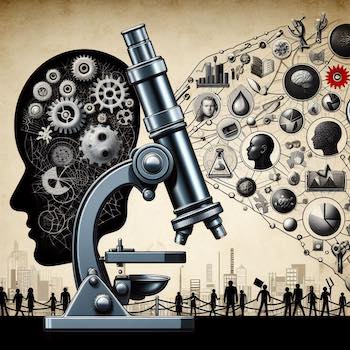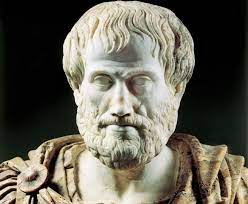Is metaphysics accessible to us?
Abstract: Starting from physical, mental and abstract objects, categories of classical metaphysics, I show that they all have in common to be form/substance fusions, which opens the way to a monistic reality. Not giving in to eliminative reductionism, however, requires reintegrating all these objects into a single dimension: complexity. I briefly explain what is Surimposium, … Read more










